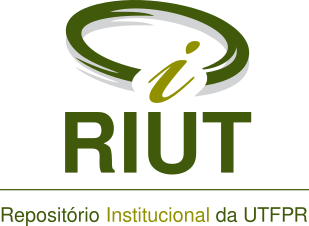Sustainable transformation: reusing organic waste as an energy resource for community development
Resumo
The urgent need to address interlinked global challenges such as poverty, inequality and climate change is driving the search for clean and accessible energy sources. The aim of this study was to estimate the theoretical potential of methane production from organic waste generated in the community of Jardim Florida in the city of Francisco Morato (São Paulo, Brazil). Based on a case study, it was found that the estimated production of organic waste per family is 0.019 tons per week and the theoretical methane production would be approximately 8.58 m³ per month. Using this fuel as cooking gas, the savings for the families would amount to R$57.70 per month, which is equivalent to R$692.40 per year. The cost of the biodigester would be R$ 419.50 per household. In conclusion, the use of biodigesters promotes sustainability by enabling waste management and energy production, thus helping to overcome the challenges faced by the community studied.
Palavras-chave
Texto completo:
PDF (English)DOI: 10.3895/rts.v21n66.20391
Apontamentos
- Não há apontamentos.
Direitos autorais 2025 CC-BY

Esta obra está licenciada sob uma licença Creative Commons Atribuição 4.0 Internacional.





